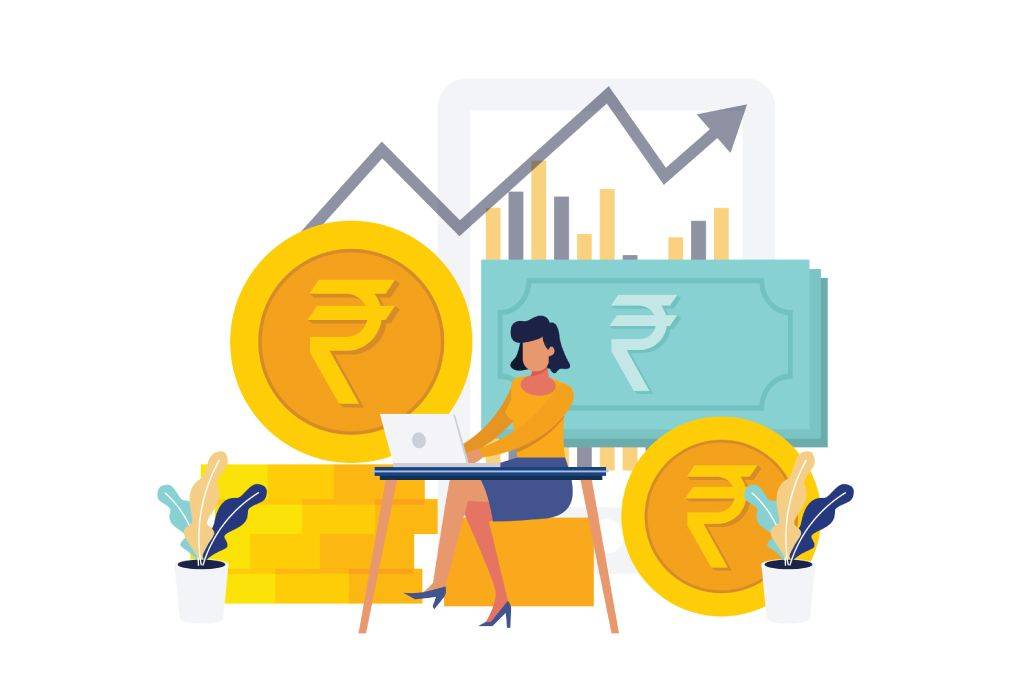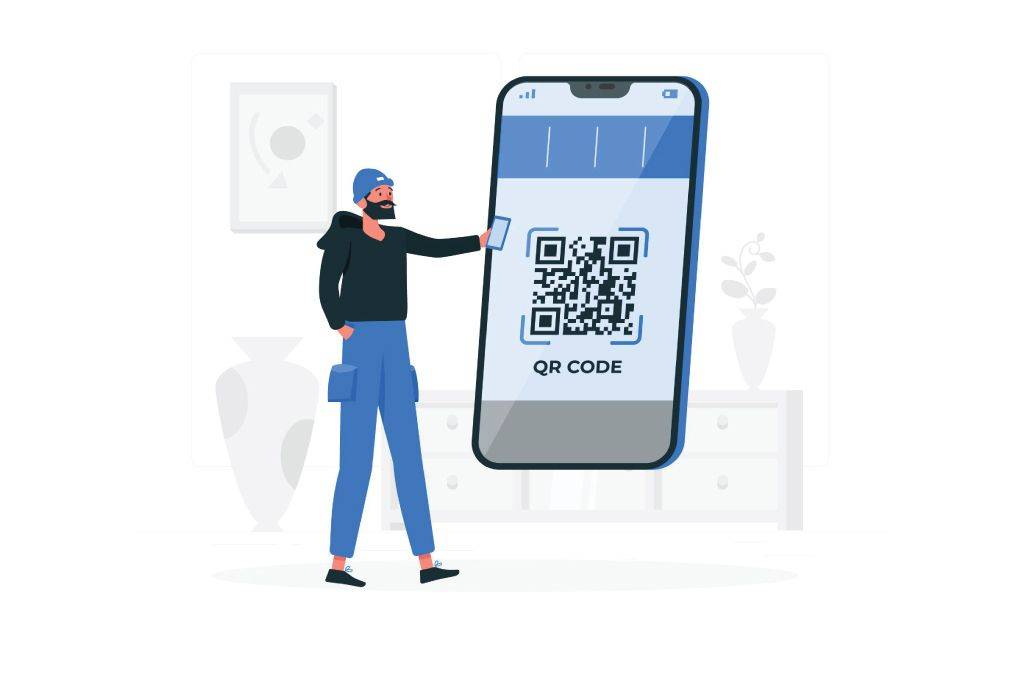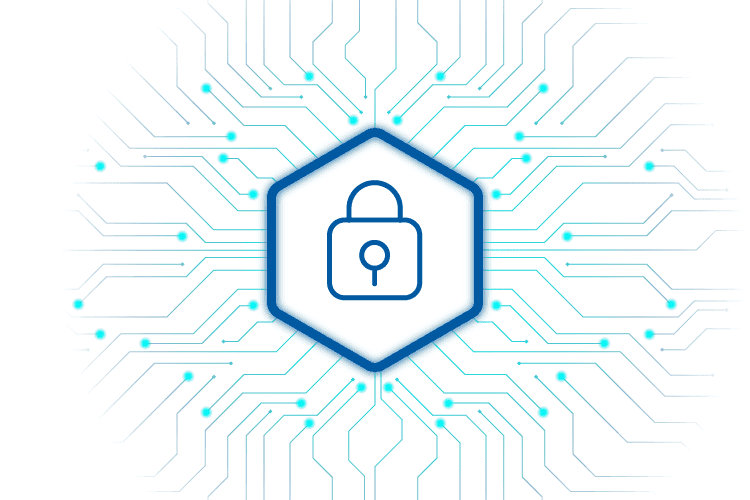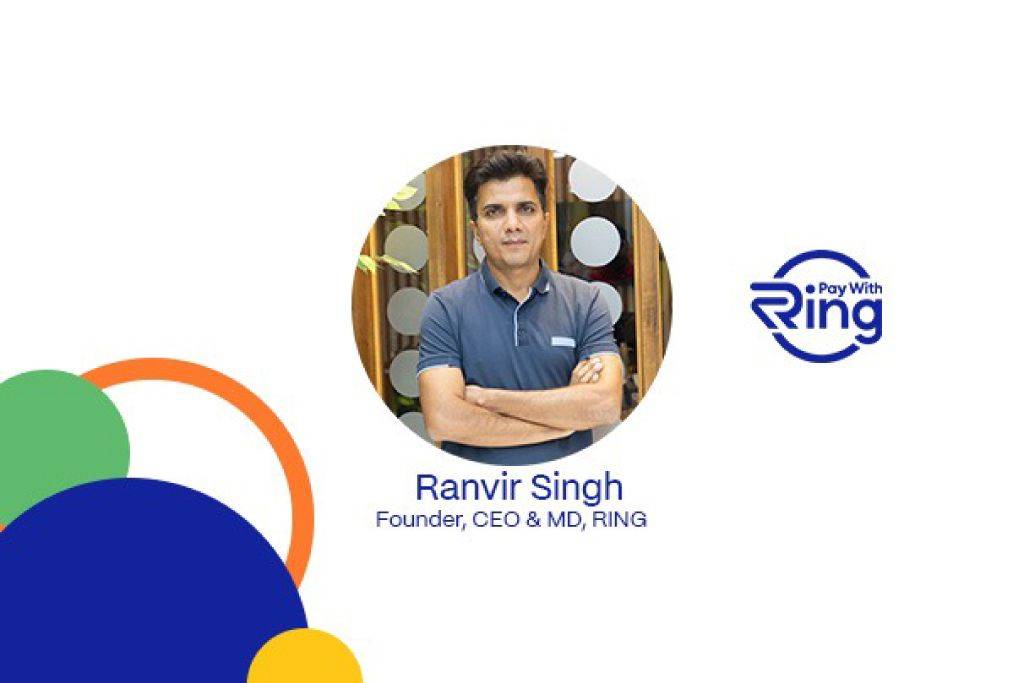
Don’t Get Scammed! Top Tips to Avoid KYC Frauds
3rd Mar 2023
We’ve all heard about a friend who clicked on a link that downloaded a virus on their laptop or mobile. Today, scam artists have evolved and are using new methods to defraud people and transfer money from their accounts. KYC fraud has become a common way for scammers to clean people out. According to a report published in May 2022, Indians reported 67 cases of KYC fraud over 12 months. The scams resulted in a total loss of INR 29,94,142 !
Want to steer clear of these scammers and stay safe? We’re here to help!
How Are People Committing KYC Fraud?
Claiming to Update the KYC Database
Many scamsters collect information about you, such as your date of birth, e-mail address, and phone number. They may get this information from social media accounts or online application forms. Then, posing as somebody from your bank, they call and ask you to provide a few details so they can update their KYC database. If you agree, they may ask you to download an app that gives them access to your phone. They will keep you engaged on the call and view your bank’s One-Time Passwords (OTPs) to transfer money from your account. In all likelihood, you won’t realise what they’ve done until they disconnect the call and it’s too late.
Sending Links from Apparently Trustworthy Sources
Another common way fraudsters access your details is by sending you e-mails and SMS or WhatsApp messages with a link. They appear to be from trustworthy companies, but once you click the link, the scammers can get into your phone and access the data they need.
Fake Re-KYC Processes
Have you ever received a phone call from somebody claiming your KYC has expired and that your bank services will get suspended shortly? Many scammers call people and ask them to provide their KYC details to update their systems. If you give them the information, they use it to get into your account and steal your money.
How to Stay Safe from KYC Scams
You can easily keep KYC fraudsters at bay with these tips:
Don’t Entertain Unsolicited Calls or Messages
If there’s something that you need to keep private, like your debit and credit card PINs or bank OTPs, never share it with anybody. If anybody calls asking for these details, hang up immediately.
Keep Your Private Information Confidential
If there’s something that you need to keep private, like your debit and credit card PINs or bank OTPs, never share it with anybody. If anybody calls asking for these details, hang up immediately.
Never Click on Unverified Links
As far as possible, avoid clicking on unverified links, especially ones that come to you via spam messages. These links could infect your mobile with software and give others access to your sensitive information.
Don’t Download Unnecessary Apps
Scammers often ask you to download some application to facilitate your KYC processing. Never download any unverified apps. Remember that your bank will have only one authorised application.
Keeping fraudsters at bay requires awareness. Be careful when you receive a message, and do not click on unverified links. Never share sensitive information like PINs or OTPs over the phone, and be wary of people asking for your details over a call. If you or somebody you know falls prey to one of these scams, notify the bank and the police cyber crime department immediately.















